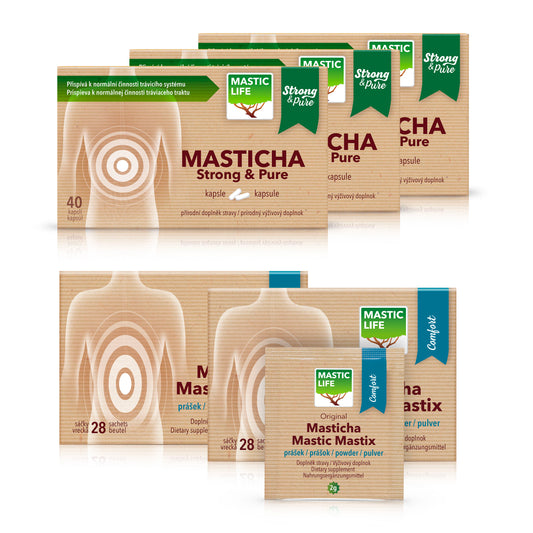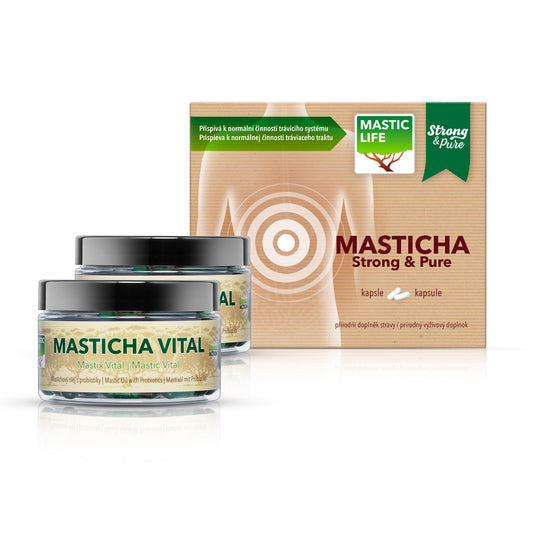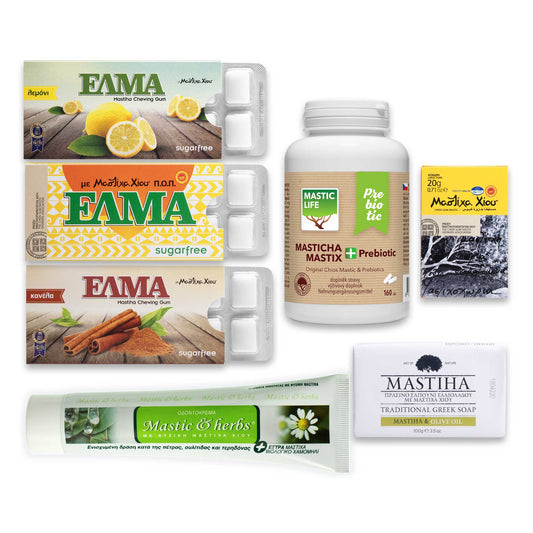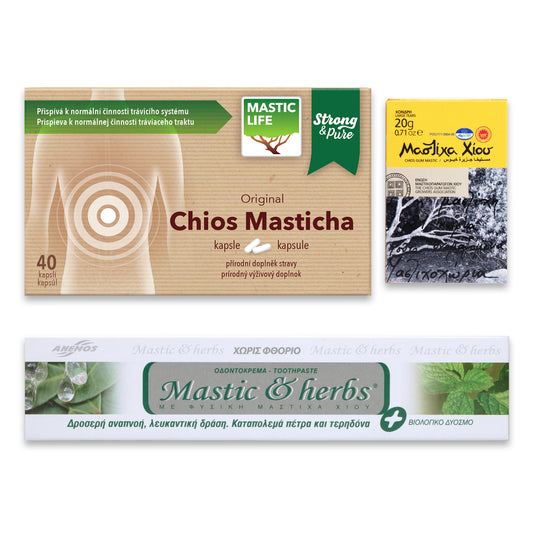Seasonal Pattern of Helicobacter Pylori Infection
Helicobacter pylori infects the stomach lining and can cause stomach pain and nausea. However, helicobacter pylori infection has many other unpleasant symptoms and especially serious consequences. An important factor in helicobacter p. infection is its seasonality.
Helicobacter pylori season
In December and January, there is a significant increase in the percentage of people infected with helicobacter pylori compared to the summer months. This increase is also associated with an increase in the incidence of gastric and duodenal ulcers and other co-morbidities.
Therefore, in winter it is advisable to pay more attention to the symptoms of helicobacter pylori and to diagnose the infection by a doctor or home self-test. The presence of the bacterium in the stomach is not in itself a serious problem. Attention to the infection should be paid in case of "overgrowth" of the bacterium and unpleasant symptoms.

If you have symptoms of helicobacter pylori
- Do a home test for helicobacter pylori.
- In case of a positive result or persistent problems, see a gastroenterologist or consult your GP.


| Summary | Information |
|---|---|
| Helicobacter pylori | Bacterium that infects the stomach lining and can cause pain, nausea, and other serious symptoms. |
| Seasonality | Higher infection rates in December and January; lower in summer months. |
| Associated risks | Increased incidence of gastric and duodenal ulcers, and other co-morbidities during peak season. |
| Recommended action | Perform home test if symptomatic; consult gastroenterologist or GP if positive or symptoms persist. |
| Note | Presence of the bacterium alone is not always serious; attention is needed if overgrowth or symptoms occur. |
Mastic for your gastrointestinal tract
-
 8-week treatment 🗓️
8-week treatment 🗓️Mastic 8 weeks
Regular price €78.00 EURRegular price€97.50 EURSale price €78.00 EURSale -
 60-day treatment 💪
60-day treatment 💪Mastic Gum Extra for 60 days
Regular price €139.00 EURRegular price€174.70 EURSale price €139.00 EURSale -
 Gift set 🎁
Gift set 🎁Mastic „Life with Mastic"
Regular price €58.00 EURRegular price€63.53 EURSale price €58.00 EURSale -
 Gift set 🌿
Gift set 🌿Mastic „Pure Mastic“
Regular price €29.90 EURRegular price€32.70 EURSale price €29.90 EURSale




